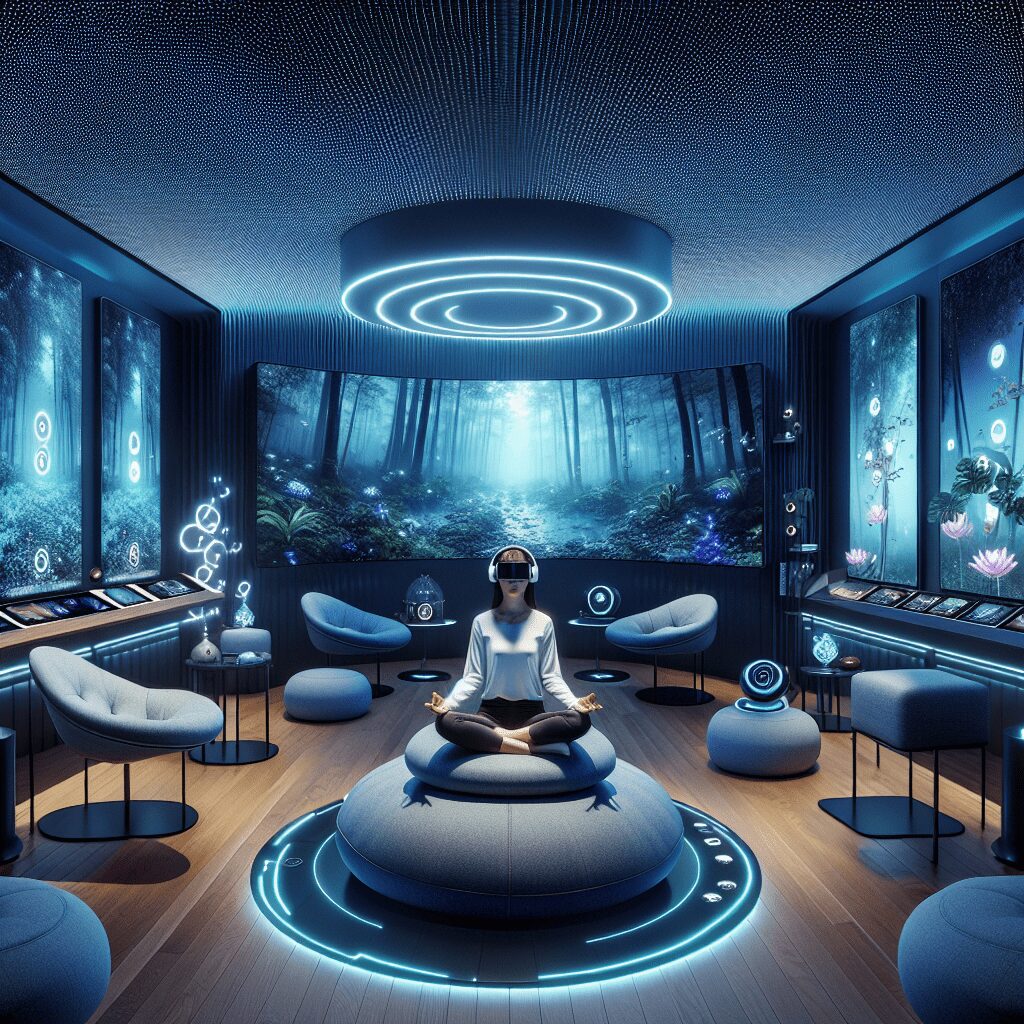
Prioritize your mental well-being daily. Enhance your life by nurturing your mental health with the Smart Meditation app. Break free from stress, alleviate anxiety, and enhance your sleep quality starting today.
Can Antidepressants Cause Hallucinations?
Unraveling the Mystery: Can Antidepressants Trigger Hallucinations?
In the maze of mental health treatment, antidepressants stand as towering beacons of hope for countless individuals battling the dark clutches of depression. Yet, amidst their luminescence, whispers and wonders circulate about potential shadows these medications might cast—particularly, the question of whether they can lead to hallucinations. As we delve into this intriguing, somewhat bewildering terrain, it’s crucial to arm oneself with facts, shedding light on myths and truths alike.
The What and Why of Antidepressants
Before diving headfirst into the heart of the matter, let’s lay the groundwork, shall we? Antidepressants, in the simplest terms, are medications prescribed to alleviate symptoms of depression. They work by balancing chemicals in your brain, namely neurotransmitters that influence mood and emotions. SSRIs (Selective Serotonin Reuptake Inhibitors) and SNRIs (Serotonin-Norepinephrine Reuptake Inhibitors) are the usual suspects prescribed today, praised for their effectiveness and lower side effect profile compared to their older cousins, the tricyclic antidepressants.
The Hallucination Conundrum: Fact or Fiction?
Now, onto the meat of the matter—can popping these pills cause you to see or hear things that aren’t there? Well, it’s not a straightforward ‘yes’ or ‘no’. While hallucinations are indeed listed as a potential side effect of antidepressants, particularly in documentation and patient information leaflets, it’s more akin to a rare shadow than a looming specter.
-
The Rarity Factor: When it comes to the SSRIs and SNRIs, hallucinations are exceedingly rare. We’re talking a small slice of the pie—a minuscule percentage of users. The phenomenon is slightly more common with the tricyclics, but even then, it’s not exactly common.
-
The Risk Factors: Certain factors might tip the balance, increasing the likelihood of experiencing hallucinations. These include a history of hallucinations, concomitant use of other medications (polypharmacy, anyone?), or a particularly high dosage of antidepressants.
-
A Closer Look at Symptoms: Hallucinations associated with antidepressants can be visual, auditory, or even olfactory (relating to smell). It’s crucial to distinguish these induced experiences from those stemming from the underlying conditions being treated, like severe depression or bipolar disorder, where such symptoms might be part of the clinical picture.
Safeguarding Your Journey
If the road to managing depression leads you down the path of antidepressants, here are a few waypoints to help ensure a safe and sound journey:
-
Open Dialogue with Your Doc: Above all, the importance of an open, honest dialogue with your healthcare provider can’t be overstressed. Discuss any and all side effects and concerns.
-
Keep an Eagle Eye: Monitoring one’s mental health and side effects is crucial. If you’re seeing or hearing the unseeable and unhearable, it’s time to circle back to your healthcare provider.
-
Adjustments May Be Required: In the off-chance that antidepressants do induce hallucinations, your doc might tweak the dose or suggest an alternative medication.
In the grand scheme of things, the benefits of antidepressants in managing depression typically outweigh the potential risks for most people. However, as with any medical treatment, it’s about finding the right fit—tailoring the therapy to the individual, not the other way around. If you’ve got questions or concerns, don’t hesitate to reach out to a healthcare professional. After all, your journey to better mental health should be as smooth as possible, not a trek through uncharted territory fraught with fear of the unknown.




